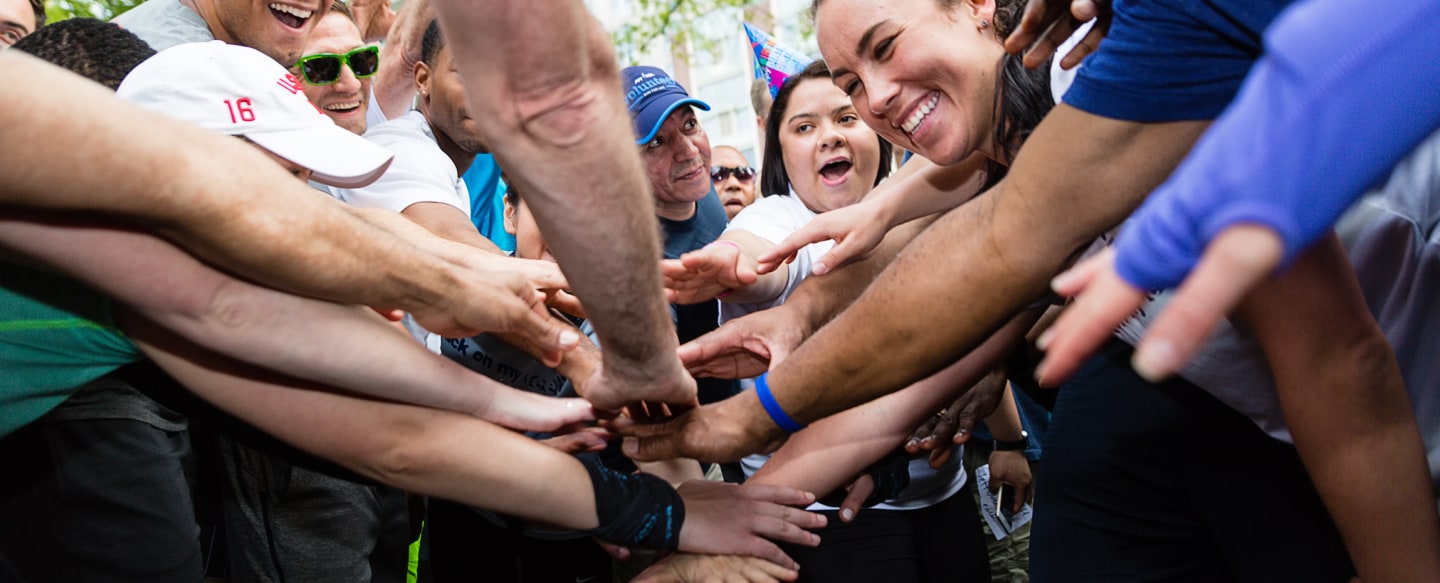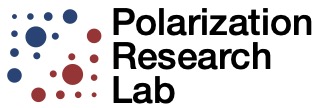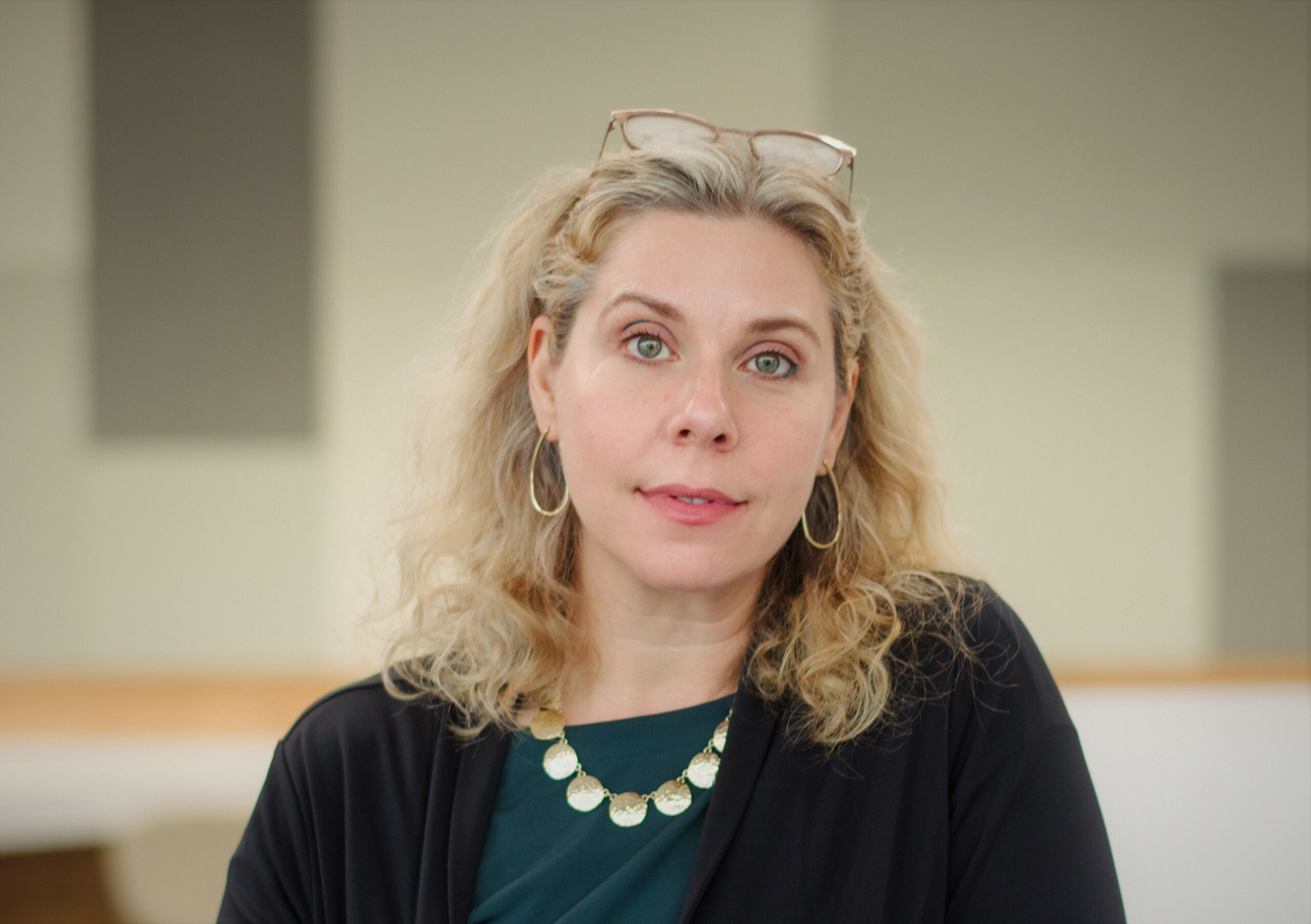For Eboo Patel, a meal at the crowded table of democracy—where there’s a seat for everyone and their perspectives—should be a potluck.
“The only way you have a potluck is if people contribute,” he said recently. “And a potluck is boring if everybody brings the same thing.”
That’s not just a metaphor, says Patel, the executive director of the Interfaith Youth Core (IFYC). Through his Chicago-based organization and scholarship, Patel is seeking to foster an interfaith cooperation and American pluralism that creates space for bridge-building, cooperation, and a religiously diverse social landscape. Everyone gets a seat at the table—but we have to work together.
“A diverse democracy relies on spaces where people are able to cooperate, even if they disagree on some fundamental things,” Patel said in an interview this fall.
Over the past two decades, Patel’s nonprofit organization, IFYC, has worked on hundreds of American college campuses to help college students learn how to build and maintain those spaces. The goal: to use America’s vast, diverse religious landscape as a foundation for better civil discourse, and to advance the ideals put forth by authors of the Bill of Rights and served, with vacillating success, by 250 years of a turbulent democracy. “America is the first religiously diverse democracy,” Patel said. “The founders got religious diversity mostly right. And what they believed was that people praying to God in different ways, including not at all, could build up a nation.”
He pointed out that many institutions that play major roles in American life – hospitals and universities, for example – were founded by religious groups, unlike in many countries. “Methodists, Catholics, Muslims, Jews — they build civic institutions that serve everybody,” he said. “It is a way for them to serve other people. The fact that we have a civil society that encourages that is stunning.”
IFYC’s work focuses on taking advantage of that civic-minded religious diversity and fostering it for a new generation—and hopefully, a more productive civil discourse. Understanding that college campuses are microcosms of American religious diversity, Patel and his organization work with students, faculty, and staff to make religious cooperation a bridge, not a wall that divides. And this fall, supported by grants from the Charles Koch Foundation and the Fetzer Institute, IFYC is beginning a new initiative: “Courageous Pluralism.” Under the new initiative, 12 selected colleges have been invited to apply for $5,000 grants to build programs with the goal of fostering religious pluralism that will, in turn, be the foundation for a more productive, progressive civil discourse. These colleges will build out programs on their own campuses as well as participate in a network of institutions across the country—all with diverse traditions—to create an ecosystem of on-campus pluralism.
“Religious diversity is like computational skills or American literature—it’s a requirement to be an educated person, an effective citizen, and a competent professional,” Patel said. “We want college students to build the muscles of positive cooperation across differences, and campuses to be spaces that nurture that cooperation.”
For Patel, seeking religious pluralism and cooperation is deeply personal. The son of Gujarati Indian immigrants, he spent his childhood in the Midwest as a young American Muslim, navigating a religiously diverse landscape. He first became interested in the concept of religious diversity as a student at the University of Illinois, and after college, as an activist in Chicago, where he sought but couldn’t find an organization that focused on faith, diversity, and service together. After earning his doctorate at Oxford on a Rhodes Scholarship, Patel returned to Chicago and began the long work of a nascent social movement—working, at the very beginning, out of the trunk of his car. In 2002, after the 9/11 attacks, Patel incorporated the IFYC and continued his work with a small staff, while writing books and partnering with the Obama White House to create its Interfaith and Community Service Campus Challenge.
“My dad went to Notre Dame, and that’s how I came to this country,” Patel said. “This group of French Catholic priests built a university on the Indiana prairie in the 1840s—and that changed the course of my family’s trajectory. I feel like building IFYC is my repayment of that debt.”
Since then, the organization has worked with colleges across the country and organizations from the Clinton Global Initiative to the Charles Koch Foundation and the Fetzer Institute to spread its perspective of religious pluralism among young people and an abiding desire to bolster civic discourse. “Interfaith leaders have changed America,” Patel noted. “Jane Adams was an interfaith leader. Martin Luther King Jr. was an interfaith leader. We tell students, look: we need interfaith leaders for the next era. You need to help create the next chapter.”
Pointing to the work done by interfaith leaders in response to the antisemitism of the 1930s, Patel believes the next era will grow from our turbulent times. “We’re living in an era of marginalization and polarization for everybody,” he said. “We believe the next chapter is an interfaith America.”
In his 2005 essay “We Are Each Other’s Business,” Patel wrote: “In the Holy Quran, God tells us, ‘I created you into diverse nations and tribes that you may come to know one another.’ I believe America is humanity’s best opportunity to make God’s wish that we come to know one another a reality.” Through Courageous Pluralism, Patel hopes that an interfaith America is where we all come to know—and hear—one another, and where we all find a seat at the potluck table of American democracy.











